Arupadaiveedu Temple
Discover the divine ambiance of the Arupadaiveedu, a significant pilgrimage site in Tamil Nadu dedicated to Lord Muruga. Renowned for its sacredness and rich cultural heritage, this temple attracts devotees from across the globe.
Visit Arupadaiveedu Temple
The Arupadaiveedu Temple, dedicated to Lord Muruga, is an important pilgrimage site where devotees seek blessings for health, wisdom, and prosperity. The temple's vibrant festivals and rituals offer an immersive experience of devotion and spirituality.
Don’t miss the chance to witness the grand celebrations held here, particularly during the Thaipusam and Panguni Uthiram festivals, which draw a massive influx of devotees each year. The temple stands as a testament to Tamil Nadu's rich cultural legacy.
1. Tiruparangundram
Tiruparangundram, the foremost of the Arupadai Veedu, is situated 5 miles southwest of Madurai. This sacred site holds great significance as it is where Lord Muruga married his first wife, Deivanai, the daughter of Indra, and where Lord Shiva is worshipped as Parangirinathar. Hindus regard this Muruga temple as auspicious for marriages. The temple was constructed by Viswakarma, the divine architect.
One of the temple's remarkable features is its 48 supporting pillars, along with the fact that the sanctum sanctorum is carved from a single rock. The Panguni Uttram festival, which occurs in late March, is celebrated as a marriage festival in this Arupadai Veedu abode.
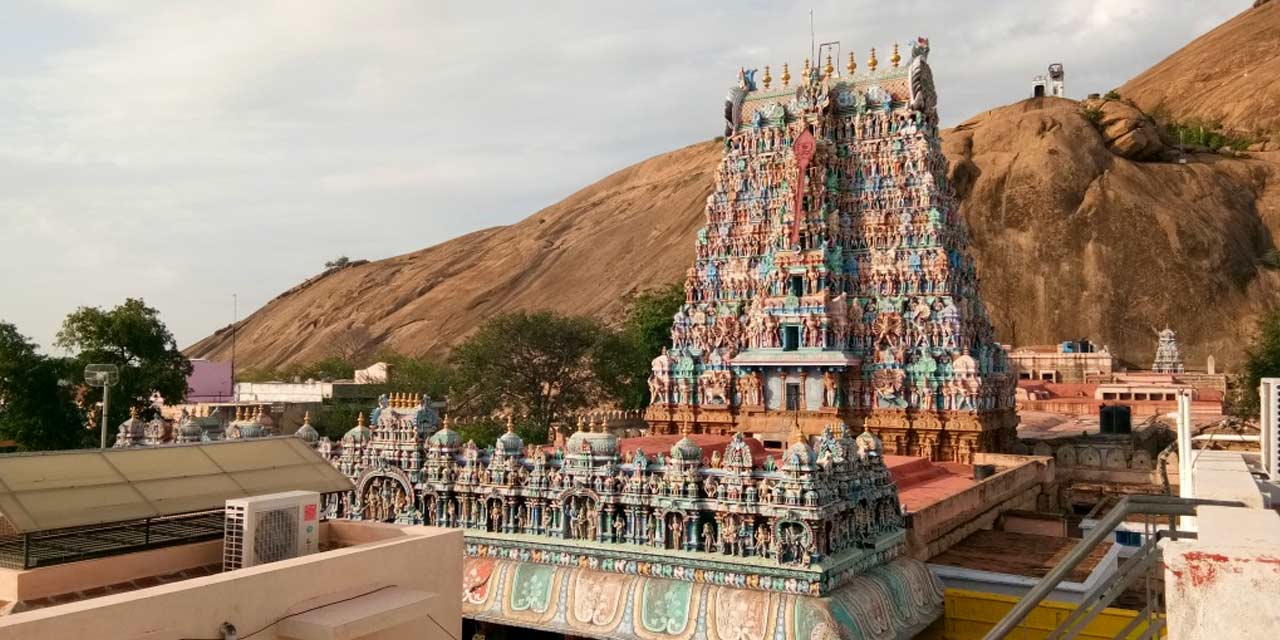
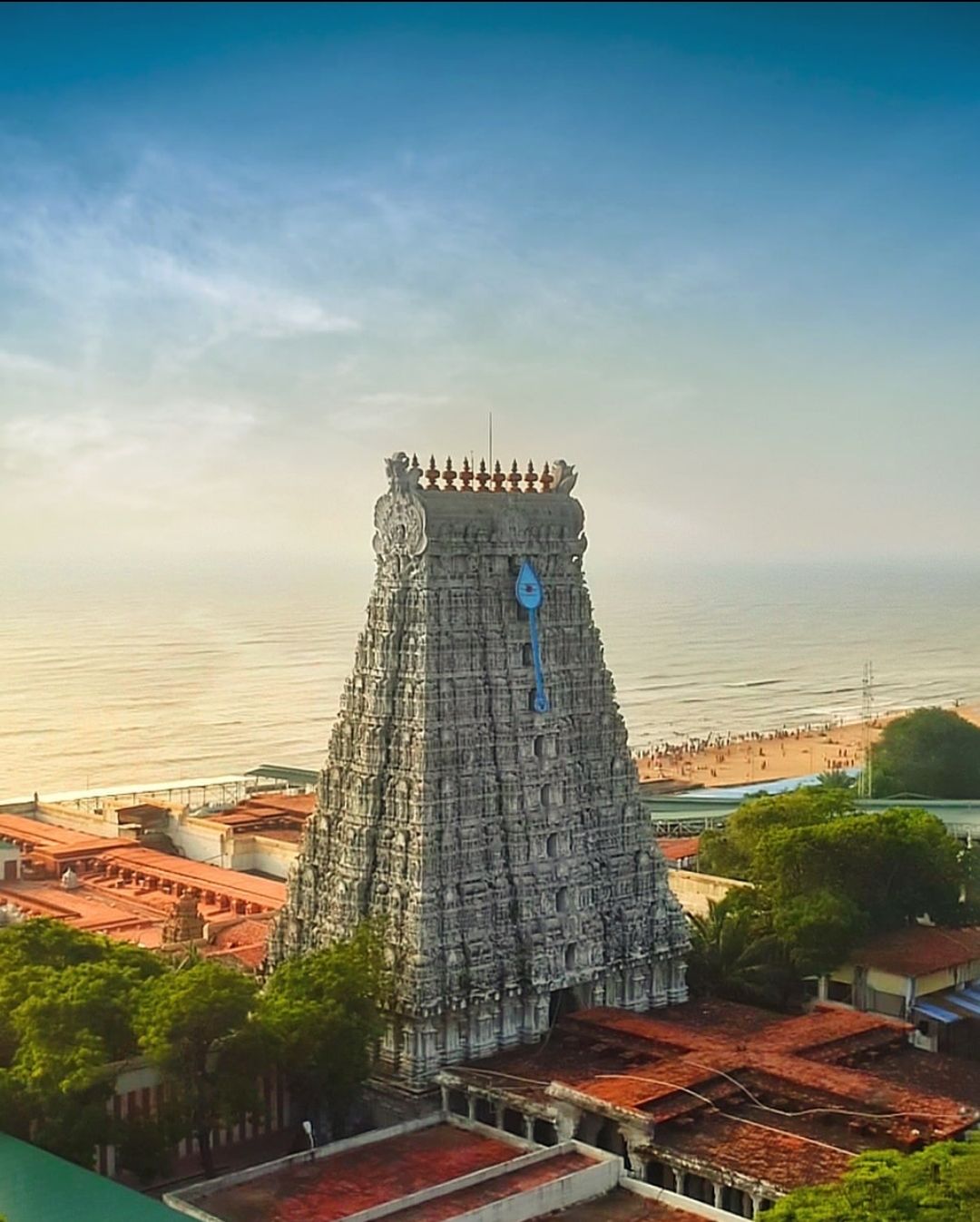
2. Tiruchendur
Tiruchendur is celebrated as the second of the Arupadai Veedu, where Lord Muruga set up his camp with a divine mission to eliminate the malevolent force of Surapadma. According to legend, Lord Muruga was destined to be born specifically to vanquish this evil demon, a pivotal event in the mythology that is commemorated during the festival of Skanda Sashti. This festival occurs six days after Diwali and attracts thousands of devotees who come to seek the blessings of Lord Muruga.
The temple holds great significance in the hearts of many devotees, as it is believed that worshiping here can lead to the removal of obstacles and the fulfillment of wishes. The temple is particularly famous for its annual celebrations, which include vibrant processions, traditional rituals, and cultural performances that showcase the rich heritage of Tamil Nadu.
The scenic beauty surrounding Tiruchendur, with the Arabian Sea on one side and lush greenery on the other, adds to the allure of this sacred site. Visitors often find themselves captivated by the tranquility and divine presence that resonate within the temple premises.
3. Palani
Palani is the third Arupadai Veedu of Lord Muruga, located about 100 kilometers south of Coimbatore and equidistant from Madurai. This sacred site is significant for being where Lord Muruga left after a disagreement with his parents, Lord Shiva and Goddess Parvati, over a celestial fruit meant for his brother Ganapati.
At Palani, Lord Muruga is worshipped as Dandayudapani. The temple is famous for the Thai Poosam festival in January, which attracts thousands of devotees. During this time, many carry "Kavadi," a ceremonial offering, as a form of devotion, creating vibrant processions that embody the faith of worshippers.
The temple complex also features modern amenities like a ropeway and winch facilities, making it easier for senior citizens and the differently-abled to access the temple. The serene backdrop of lush hills enhances the spiritual atmosphere, allowing visitors to seek Lord Muruga’s blessings in a tranquil environment.
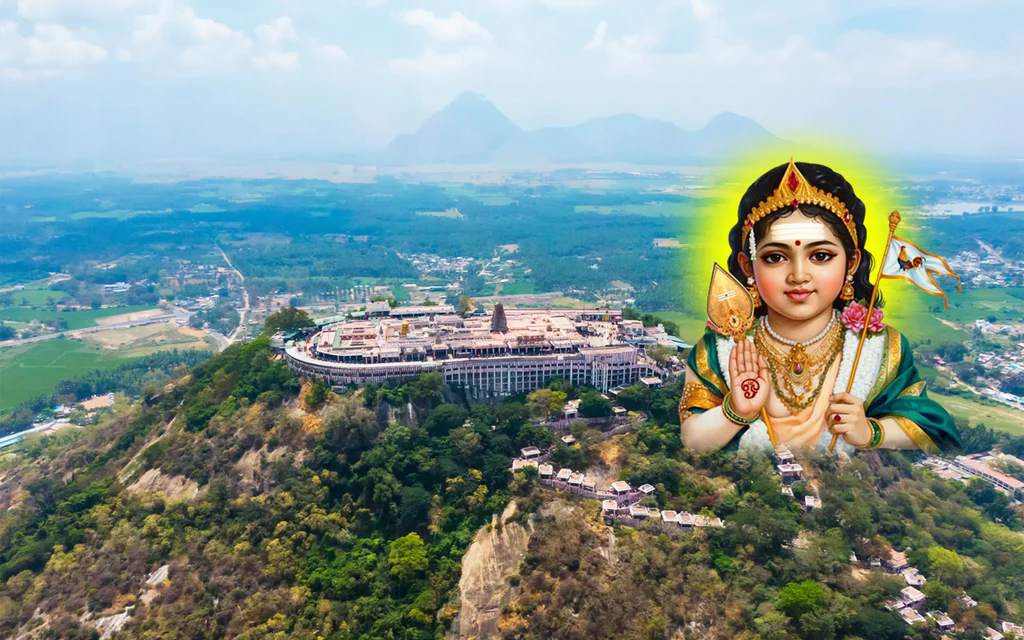
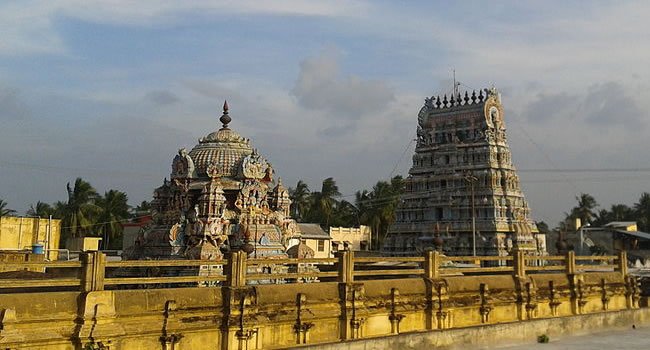
4. Swami Malai
Swami Malai is the fourth Arupadai Veedu, located near Kumbakonam on the banks of the Cauvery River. This sacred site holds great significance as it is where Lord Muruga teaches his father, Lord Shiva, the meaning of the sacred syllable "AUM." In this temple, Shiva is depicted as a devoted student, expressing reverence for his son.
The temple features approximately 60 steps, each representing one of the 60 Tamil years, symbolizing the passage of time and the eternal nature of devotion. The ascent of these steps is a spiritual journey for many pilgrims, reflecting their dedication to Lord Muruga.
Swami Malai is renowned for its vibrant festivals, with the Vaikasi Visakam celebration in May and Thai Poosam in January being particularly popular. These festivals draw large crowds of devotees who participate in various rituals and offerings, creating a lively atmosphere filled with devotion and celebration.
5. Thiruthani
Thiruthani is the fifth Arupadai Veedu, located 84 kilometers northwest of Chennai. This sacred site is significant as it is where Lord Muruga came to find solace after defeating the demon Surapadma, for whom he was born.
The temple features an impressive 356 steps, symbolizing each day of the year, providing devotees with a physical and spiritual journey as they ascend to the sanctum. The climb represents dedication and devotion, leading to a rewarding experience for pilgrims.
Thiruthani is renowned for its vibrant festivals, with the Adi Kiruthigai Tank festival and Skanda Shashti being particularly celebrated. During these events, devotees come together to participate in various rituals and offerings. A unique tradition at this temple involves the application of sandalwood paste on the idol of Lord Muruga, symbolizing purity and devotion.
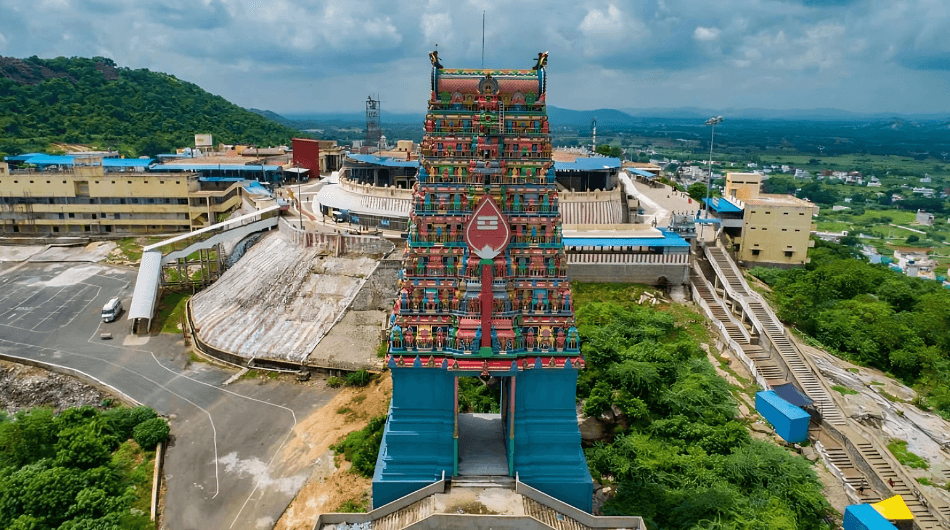
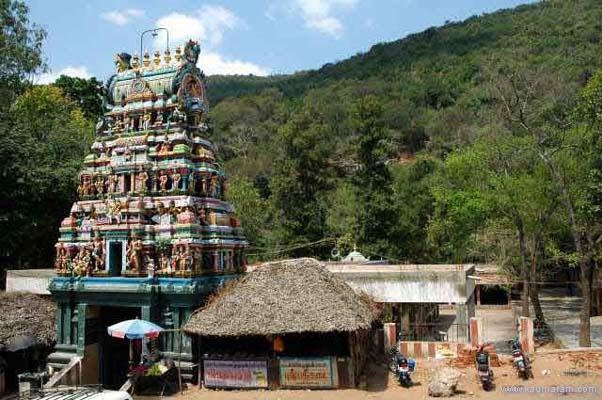
6. Pazhamudir Cholai
Pazhamudir Cholai, located about 13 kilometers north of Madurai, is a lush hill forest rich in springs, herbs, fruits, and flowers. This sacred site is significant as it is believed to be the home of Lord Muruga's second wife, Valli, and is also where the Tamil poet Avvaiyar encountered Lord Muruga.
As the sixth and final Arupadai Veedu, Pazhamudir Cholai holds a special place among devotees. The temple hosts vibrant festivals throughout the year, including Pankuni Uttiram in March, Visakam in May, Shasti in October, and Kartigai in November, attracting many pilgrims who participate in rituals and celebrations.
The Arupadai Veedu's significance is further highlighted in the literary work "Murugatru Padai" by Nakeerar, which details the six sacred sites of Lord Muruga. Visiting all six homes is a cherished aspiration for every devotee, as it symbolizes a complete spiritual journey and devotion to Lord Muruga.